If you have a gluten intolerance or sensitivity, it’s crucial to avoid foods that contain gluten to prevent adverse reactions and promote better digestive health. Gluten is a protein found in wheat, barley, rye, and their derivatives.
Here are some foods and ingredients to steer clear of if you have gluten intolerance:
Wheat Products:
This includes all forms of wheat, such as wheat flour, whole wheat, durum wheat, spelt, farro, and semolina. Common wheat-based foods to avoid are bread, pasta, couscous, and wheat-based cereals.
Barley:
Barley and its derivatives, such as barley malt, barley flour, and barley-based products, should be avoided.
Rye:
Rye and its products, like rye bread and rye flour, contain gluten and should be omitted from your diet.
Triticale:
Triticale is a hybrid grain derived from wheat and rye, so it contains gluten and should be avoided.
Bulgur:
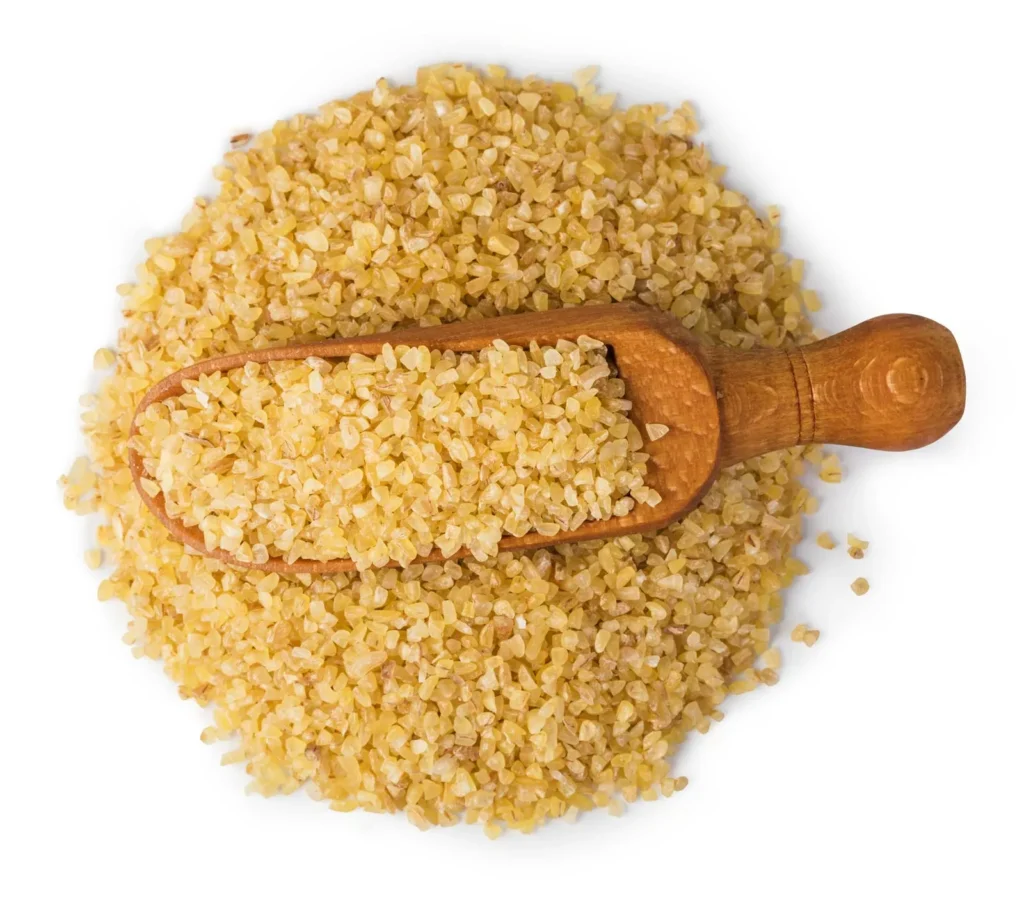
This grain is made from wheat and is commonly used in salads and pilafs. It is not suitable for a gluten-free diet.
Seitan:
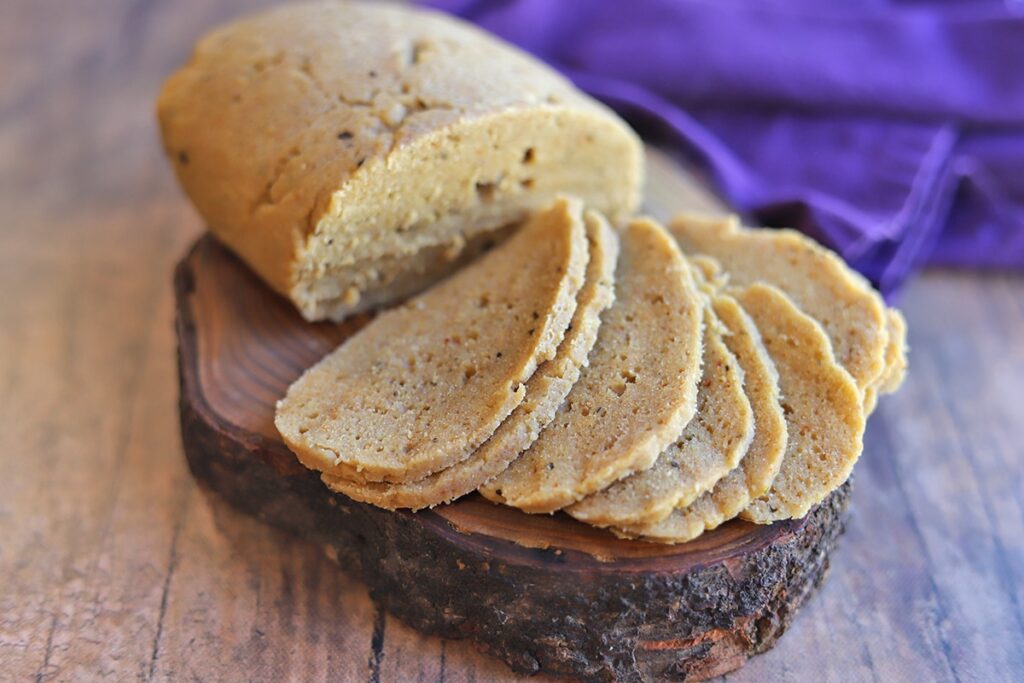
Seitan is a wheat gluten-based meat substitute used in some vegetarian and vegan dishes.
Beer:
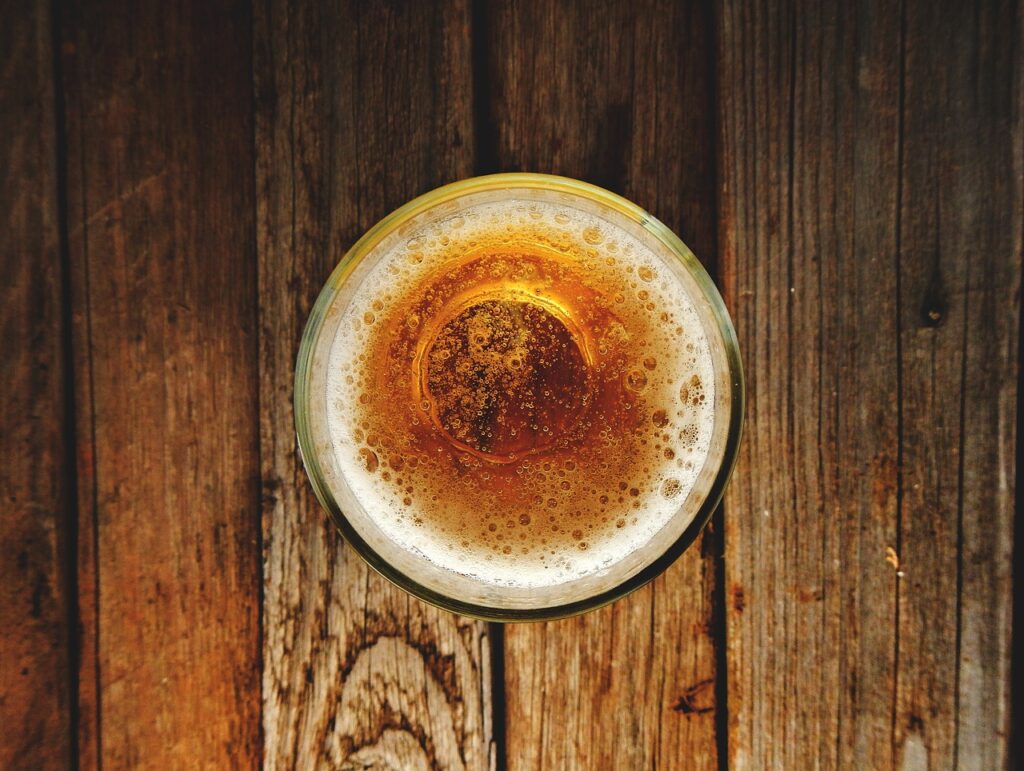
Most beers are brewed with barley or wheat and contain gluten. Opt for gluten-free beers or other alcoholic beverages like wine or gluten-free spirits.
Malt and Malt Vinegar:
Malt is derived from barley and is found in many processed foods, cereals, and malt vinegar. Check labels to ensure products are gluten-free.
Soy Sauce:
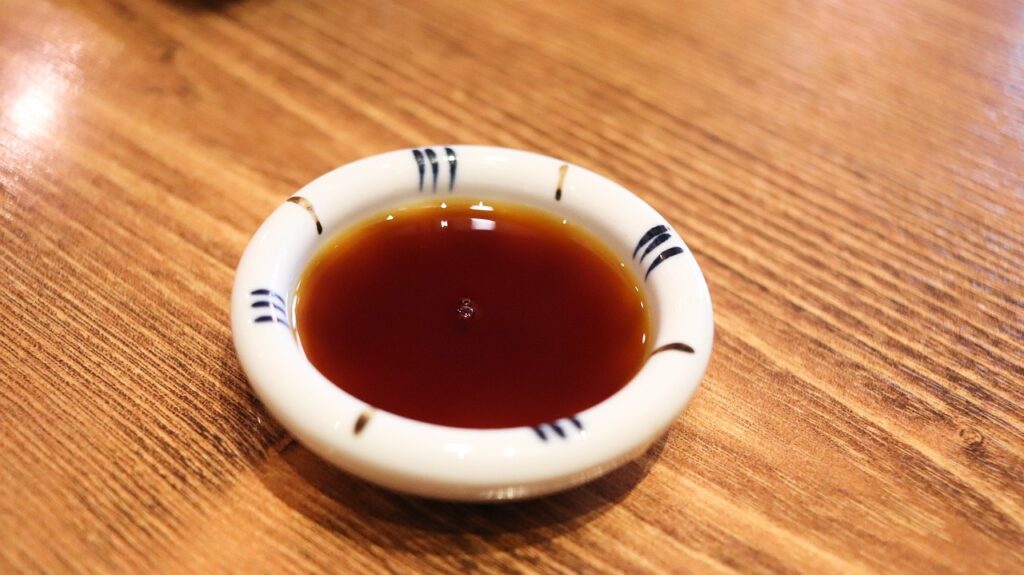
Traditional soy sauce is made with wheat, but gluten-free alternatives are available.
Some Condiments and Sauces:
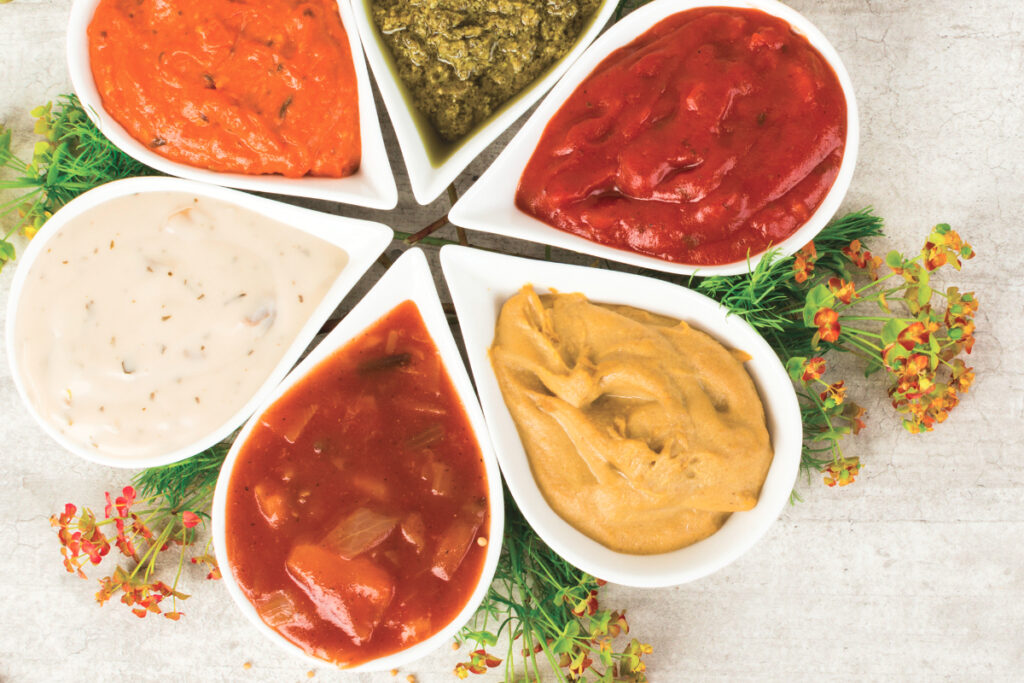
Certain sauces and condiments may contain gluten as a thickening agent. Check labels for gluten-free options or make your own at home.
Processed and Pre-Packaged Foods:
Many processed foods, such as some soups, sauces, and snack items, contain gluten as an ingredient. Always read labels carefully to identify gluten-containing ingredients.
Some Medications and Supplements:
Some medications and supplements may contain gluten as a binding agent. Discuss with your healthcare provider or pharmacist to find gluten-free alternatives.
Remember to read ingredient labels carefully and look for gluten-free certifications on packaged products. Opt for naturally gluten-free foods like fruits, vegetables, lean proteins, dairy products (if tolerated), and grains like rice, quinoa, and corn. Additionally, there are many gluten-free alternatives available in stores, such as gluten-free bread, pasta, and flour, making it easier to follow a gluten-free diet. If you are unsure about a particular food item, it’s best to consult a registered dietitian or healthcare professional for guidance.

